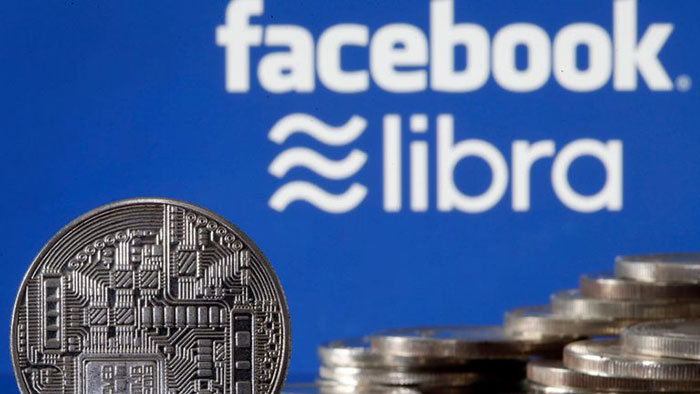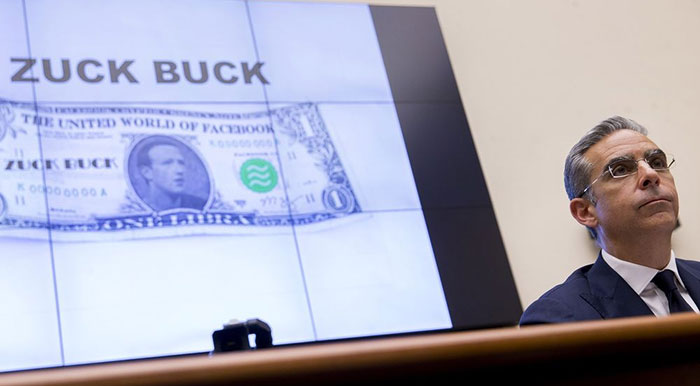As last week drew to a close there was problematic news for Libra, Facebook's cryptocurrency project. Several major backers of the project pulled out, reported the BBC. The withdrawal of the likes of MasterCard, Visa, eBay/PayPal and payments firm Stripe from the project were major blows to Facebook's plans for its global currency.

Who is left to support Libra? As Mercado Pago, a payments firm serving mostly Latin America, also pulled out, it means that only PayU of the Netherlands remains of the big six finance companies which were first involved in the Libra project. A familiar pattern with those deserting the cryptocurrency was that several of them said that they will focus on the needs of their existing customers while keeping an eye on working with Libra at a later stage.
Interestingly, ex-PayPal president and Libra co-creator David Marcus took to Twitter to warn against writing off Libra after these big-name backer withdrawals. Marcus said that while not great news in the short term, the big change was "liberating" and a sign that the project is "on to something".

Today, as the first ever Libra Association Council meeting is due to begin in Geneva, a draft G7 report on Libra has been seen and commented on by the BBC. Seen as a further blow to the prospects of the cryptocurrency, the report outlines nine major risks associated with Libra, and digital currencies in general.
This report comes from a G7 taskforce which includes senior officials from central banks, the IMF, and others from the G20. For one, it warns that backers of Stablecoins (linked to established currencies) like Libra must be legally sound, protect consumers and ensure coins are not used to launder money or fund terrorism.
Secondly the G7 taskforce asserts that "no stablecoin project should begin operation until the legal, regulatory and oversight challenges and risks are adequately addressed." These concerns and many regulatory challenges must be addressed before a stablecoin, like Libra, is introduced.













